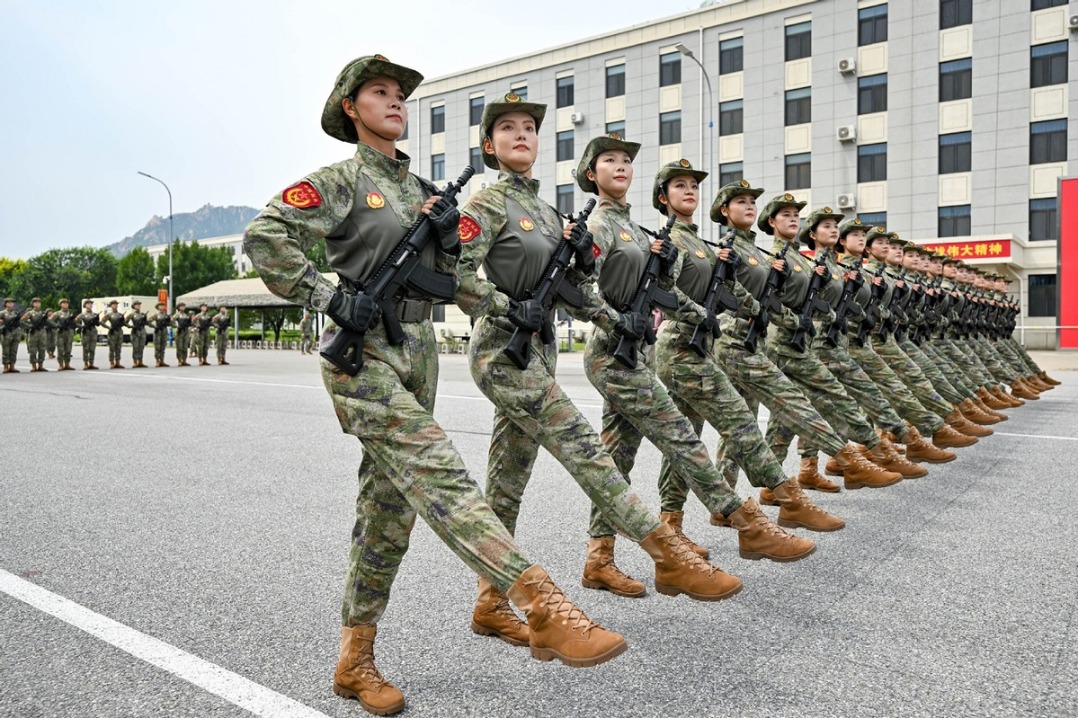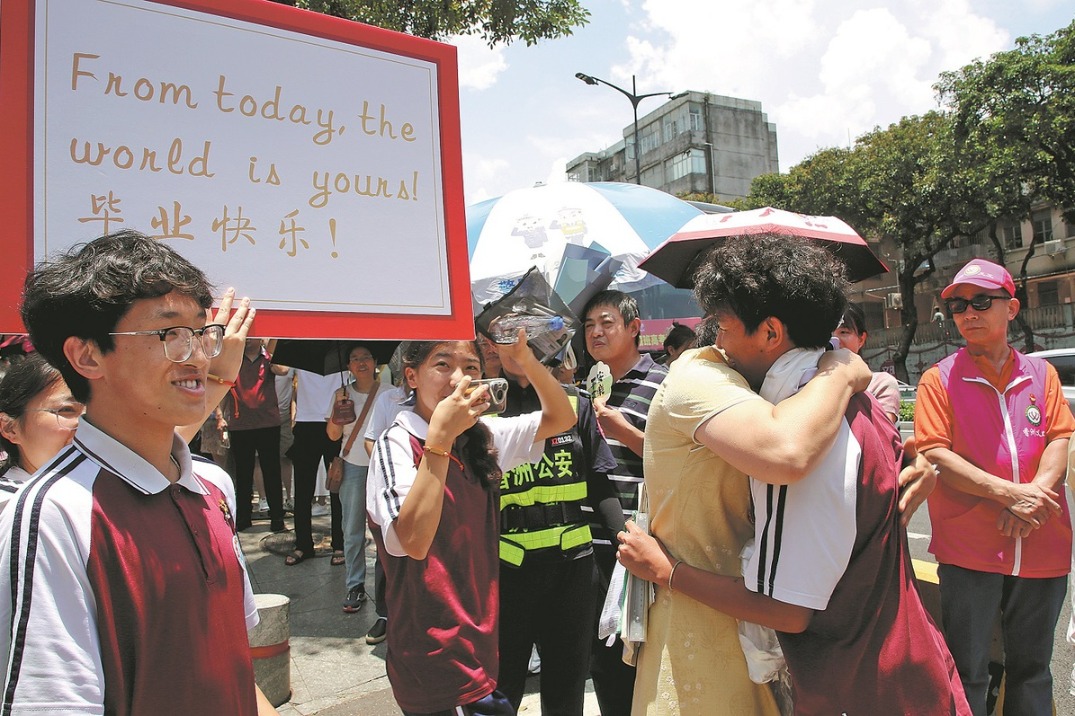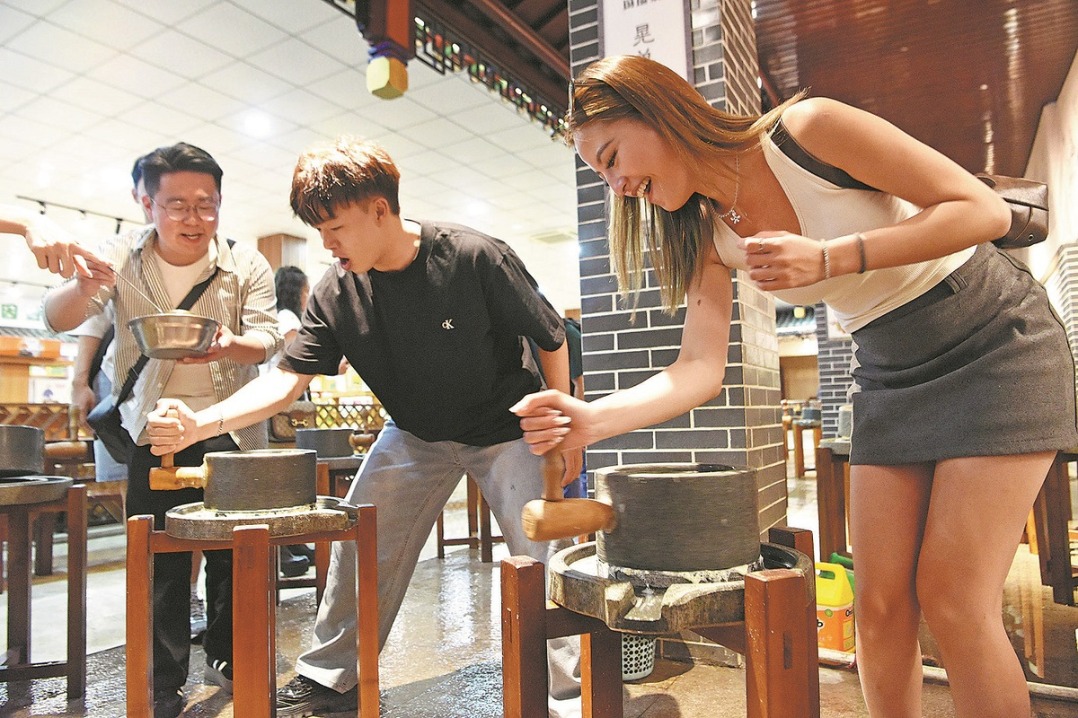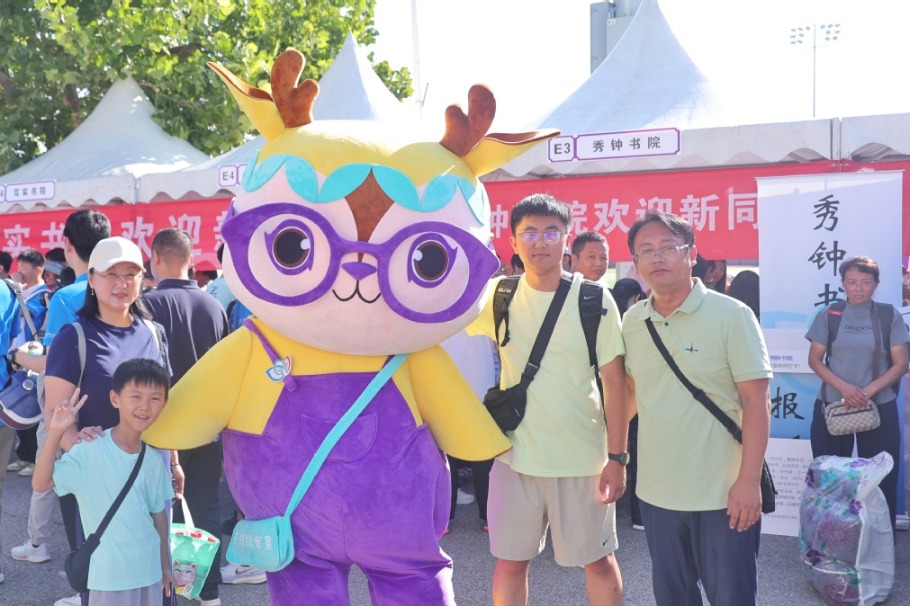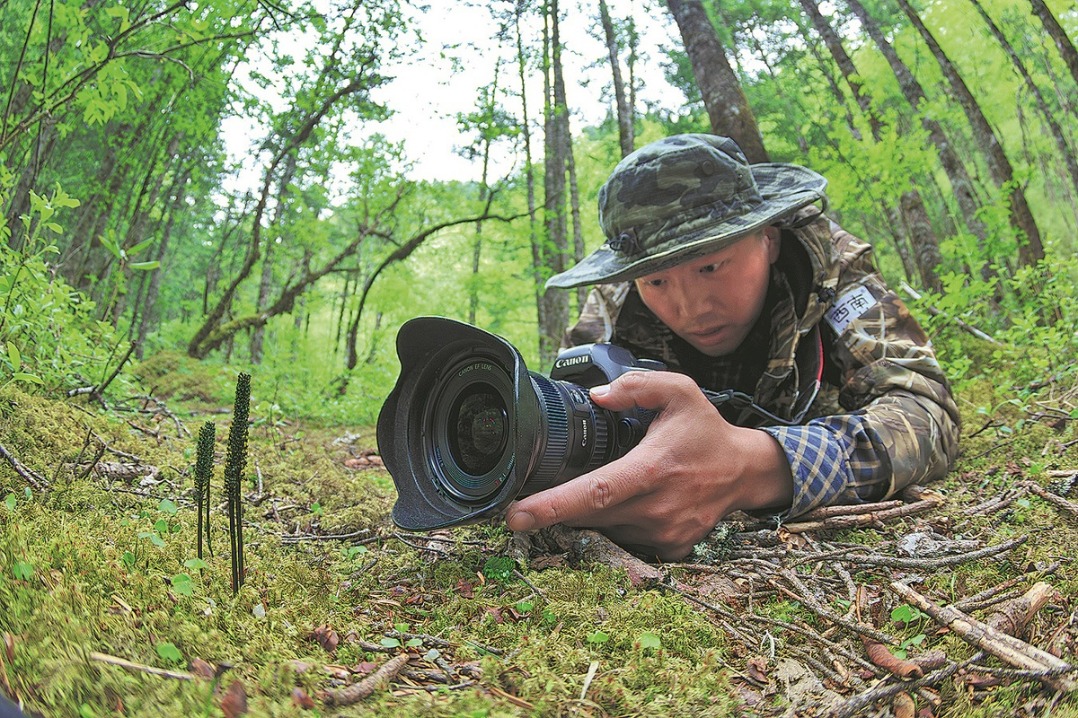Shanghai hospital and a local enterprise donate patented medical device to Pakistan


A signing ceremony for the transfer of a patent related to a type of radial artery hemostasis device was held at Zhongshan Hospital Affiliated with Fudan University in Shanghai on Wednesday, with a local company donating 200,000 yuan ($27,870) worth of such devices to the Punjab Institute of Cardiology in Pakistan.
The Shanghai hospital said that the donation opened a new chapter in China-Pakistan medical cooperation, showing an emotional connection across borders.
A Chinese citizen surnamed Ji, who worked in Lahore, Pakistan, suffered an acute myocardial infarction and returned to China for treatment four months ago. The cardiology team at Zhongshan Hospital in Shanghai successfully opened his blocked artery after three hours of intensive efforts.
What left a lasting impression on Ji, however, was the small transparent device used after the surgery. It gently wrapped around his wrist, providing efficient and painless hemostasis, a stark contrast to the traditional sandbag compression method used in Pakistan, which often causes discomfort and complications. This experience inspired him to have the idea of bringing the medical technology, which is already widely used in clinical settings across China, to patients in Pakistan.
Ge Junbo, an academician with the Chinese Academy of Sciences and a leading expert in cardiology in the country, explained that coronary interventions are typically accessed via the radial artery in the wrist. Despite the minimally invasive nature of the procedure, effective post-operative hemostasis is crucial.
The professional radial artery hemostasis device uses a precision balloon pressure system to ensure effective hemostasis, while minimizing pressure on surrounding tissues, showing the humanitarian aspect of medical technology. In contrast, Pakistan's traditional sandbag method may cause prolonged bleeding, local hematomas, and even nerve damage, he said.
Zhou Jian, president of Shanghai Zhongshan Hospital, said, "Doctors understand what patients truly need, while engineers know how to best meet such needs through techniques. Such devices show the power of combining medical expertise with engineering innovation."
"This event symbolizes the cross-national transmission of the medical humanitarian spirit. In the future, we will do more in this area, not only exporting advanced technology but also collaborating with international partners to train talent and share experiences," said Ge.
Consul-General of Pakistan to Shanghai, Shehzad Ahmad Khan, also delivered a speech at the signing ceremony.
- Shanghai hospital and a local enterprise donate patented medical device to Pakistan
- World's tallest bridge begins load tests
- Tianjin unveils city video ahead of 2025 SCO Summit
- US lie-monger fabricating falsehoods to smear China on South China Sea issue: report
- Doolittle Raid rescue exhibition honors wartime friendship
- External forces orchestrator promoting 'militarization' of South China Sea region: report


















